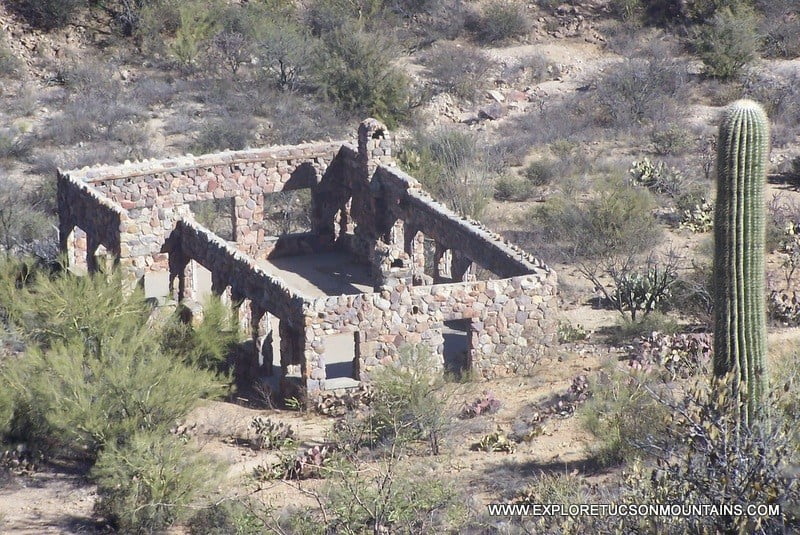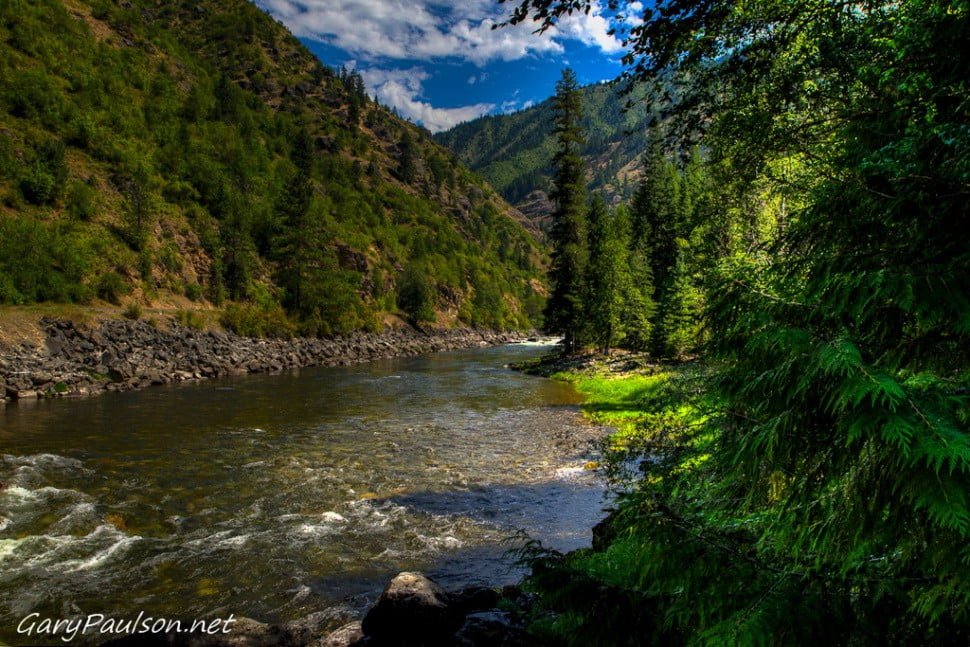Michigan’s Sharonville State Game Area Grasslands

Looking for a reliable place to find the Michigan-endangered Henslow’s sparrow? Or maybe a  good place to photograph butterflies and insects? Maybe you need a new pheasant or rabbit hunting spot? Look no further than the Sharonville State Game Area!
good place to photograph butterflies and insects? Maybe you need a new pheasant or rabbit hunting spot? Look no further than the Sharonville State Game Area!
On the border of Jackson and Washtenaw counties, Sharonville State Game Area spans about 4,400 acres. The habitat varies across the game area, ranging from mature forest to old field to prairies and grasslands. Located just south of Jackson in Grass Lake, Sharonville is about an hour from several major population centers like Detroit, Ann Arbor and Lansing.

Over the past six years, the staff at Sharonville State Game Area has enhanced and restored almost 650 acres of grasslands. They’ve also planted over 275 acres of food plots to provide food sources for wildlife in the winter, when food can be scarce.
“The grasslands at Sharonville have been mowed, burned or both to set back woody plant succession,” said acting DNR wildlife biologist Dennis Tison. “Many fields have been enhanced with warm-season grasses and plenty of wildflowers for pollinators. Our goal is to make Sharonville one of the finest grassland complexes in the state!”

Sharonville staff members are working with the Jackson and Washtenaw chapters of Pheasants Forever and Michigan Pheasants Forever on a big project – to convert 60 acres of beautiful, rolling topography, which over the years had become overgrown fallow fields, to a high-diversity shortgrass prairie. The landscape will transform from shortgrass prairie into an oak savannah habitat on the north part of the parcel. This habitat project and transformation, currently under construction, will take a few years to establish.
In addition to the shortgrass prairie work, Pheasants Forever received a DNR Wildlife Habitat Grant to hire contractors to plant prairie acres at Sharonville State Game Area. Contractors planted 48 acres in 2017 and will be planting 32 acres of prairie in 2018 as part of this grant. Pheasants Forever also is contracting an additional 75 acres of prairie planting this year with funds received from an agreement between the Enbridge Corporation and the DNR.
Several wildlife species depend on grasslands. The grasslands of Sharonville State Game Area attract many grassland-nesting birds, including the state-endangered Henslow’s sparrow; field, savannah and grasshopper sparrows; dickcissels; ring-necked pheasants and Eastern meadowlarks. Rabbits, deer and turkeys use the same grasslands for feeding, bedding and thermal cover in the winter.
Some of the state’s most imperiled wildlife are grassland species. This habitat type has declined drastically over the last 150 years due to the conversion of grasslands to agricultural land, residential and commercial development, and the succession of grasslands into forestlands.
The Michigan Pheasant Restoration Initiative is working to improve and enhance Michigan’s remaining grasslands. This includes planting diverse mixes of grasses and wildflowers for birds, insects and other wildlife. Extensive grassland restoration work is in progress at Lake Hudson State Recreation Area in Lenawee County, Verona State Game Area in Huron County, Sharonville State Game Area in Jackson and Washtenaw counties, and Maple River State Game Area in Gratiot County as well as other public and private lands in southern Michigan. 
Made up of many partners, the Michigan Pheasant Restoration Initiative is a conservation initiative to restore and enhance Michigan pheasant habitat (grasslands), populations and hunting opportunities on private and public lands. It works by acquiring state, federal and partner resources to assist landowners in cooperatives to improve wildlife habitat on their properties and by improving grassland habitat on selected state game areas, recreation areas or other public lands. To learn more, visit the Michigan Pheasant Restoration Initiative page.

